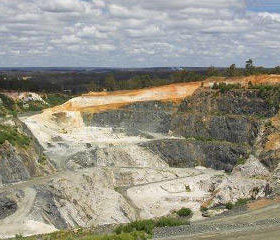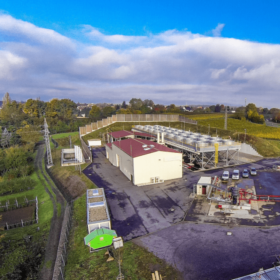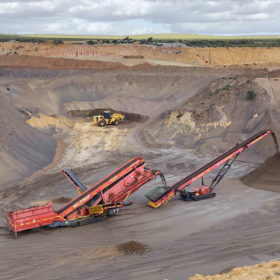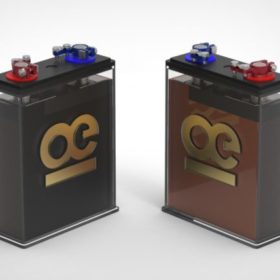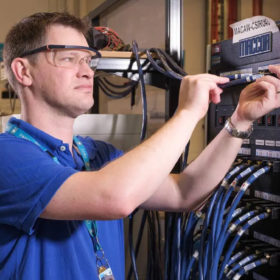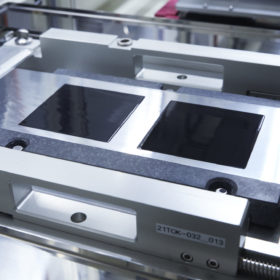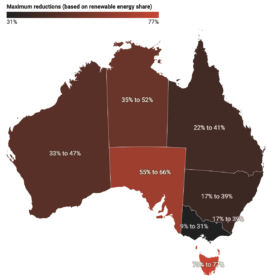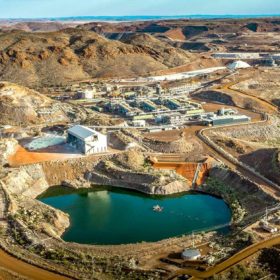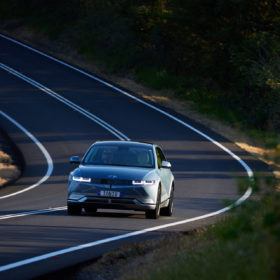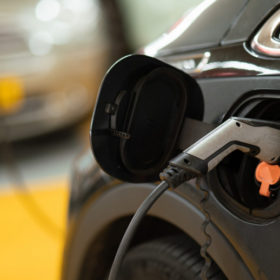Australia’s critical minerals inventory boosted significantly in 2020, vanadium up 24%
Australia’s inventories of critical materials for batteries have seen major increases recently, with vanadium up 23%, lithium up 8%, rare earths up 4% and platinum group elements up 185% in the year to December 2020.
Reinhart-backed WA company to supply Germany with geothermal heat before turning to lithium extraction
West Australian company Vulcan Energy Resources, backed by mining magnate Gina Rinehart, has signed a geothermal heat energy offtake agreement with a major German energy supplier, MVV Energie. Vulcan is planning to eventually secure a lithium supply from the same deep brine source in the Upper Rhine Valley, Germany.
Mapping Australia’s battery mineral waste ‘gold mine’
To encourage industry to consider the battery mineral opportunities currently sitting in neglected heaps around the country, Geoscience Australia and its partners are developing an Atlas of Australian Mine Waste. The public database hopes to highlight the opportunity in reprocessing mining waste for new markets.
Zinc-based battery tech for stationary applications unveiled by Indian startup
A startup incubated at the Indian Institute of Technology Kanpur has introduced ZincGel battery tech, which could offer significant savings for owners of two-wheel electric vehicles.
CSIRO to invest $50 million in storage tech of tomorrow
The CSIRO will invest $50 million in four new programs to drive critical breakthroughs in electric vehicle batteries and creating storage solution which could “mimic pumped hydro.”
Mobility rEVolution: Nissan moves forward with in-house all-solid-state battery production
In other news, GM and Honda are jointly developing affordable EVs, the Biden administration holds an EV industry meeting, and Mercedes-Benz Energy agrees to supply EV batteries to BatteryLoop for its scalable, circular energy storage products.
How climate-friendly is an electric car? It all comes down to where you live
If you’re thinking about buying an electric vehicle, whether due to soaring fuel prices or to lower your greenhouse gas emissions, where you live can make a huge difference to how climate-friendly your car is.
Mineral Resources set to double Mount Marion Lithium capacity in response to ‘extraordinary lithium demand’
Mineral Resources Limited along with its joint venture partners is set to double the spodumene output of its Mount Marion Lithium mine over the course of 2022 in response to enormous lithium price due to electric vehicle demand.
Greens make $6.1 billion electric vehicle pitch ahead of election
The Greens have announced a $6.1 billion plan to boost the uptake of electric vehicles and reestablish auto manufacturing in its previous hub, South Australia.
Hertz to add ‘significant number’ of EVs to Australian rental fleet
Hertz, one of Australia and indeed the world’s biggest car rental companies, has announced it will be adding up to 65,000 new electric vehicles (EVs) to its fleet. While the percentage of those bound for Australia is still being negotiated, it adds to the rapid growth of our EV market – albeit from a low baseline.
